When it comes to choosing the right guitar strings, few topics spark as much debate as the differences between 80/20 bronze and phosphor bronze. As a guitarist and sound enthusiast, I’ve navigated this crossroads countless times, both personally and while advising fellow musicians. The journey is familiar: standing in a crowded music store or browsing endless online options, questioning which set will truly resonate with your instrument’s unique voice. Over the years, my deep dive into this subject has seen me collaborating with numerous guitar professionals, allowing me to gather insights into the nuances of each material. Through a series of trials and comparisons, I’ve learned to weigh tone quality against durability, and brightness against warmth. In this article, I aim to demystify these choices, offering practical advice on when to opt for each type, and addressing the concerns many of us share about achieving the best sound possible from our beloved guitars.
What are 80/20 Bronze Strings?

As someone deeply entrenched in the world of engineering and materials science, I’ve always been fascinated by the nuanced composition of guitar strings and their impact on sound. Enter the stage: 80/20 Bronze Strings. With its distinctive 80% copper and 20% zinc alloy, it’s no wonder these strings are a subject of much intrigue among guitar enthusiasts. Now, why is the 80/20 alloy named so, and what does it mean for your guitar’s sound? This question sets the stage for understanding the true elegance behind the rich timbre these strings produce.
In my experience, the specific ratio in 80/20 bronze is precisely what gives these strings their vibrant and articulate tone. The higher copper content contributes to a bright, crisp sound—a characteristic preferred for recording and live performances where clarity is paramount. The zinc, while smaller in proportion, enhances the durability of the strings, making them sufficiently resistant to the wear and tear of daily use.
This alloy’s composition isn’t just a random concoction; it’s a carefully crafted recipe designed to balance tonal brightness and structural resilience. I’ve seen firsthand how this combination affects not just the sound but also the playability and longevity of the strings. Every pluck resonates with a distinct freshness, making 80/20 bronze a beloved choice among many musicians, including myself. This partnership between materials and melody is where the magic of guitar craftsmanship truly shines.
What are Phosphor Bronze Strings?
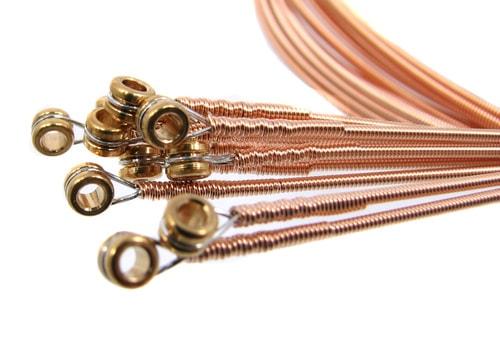
Understanding the nuances of guitar strings can dramatically influence your sound, and phosphor bronze strings stand out in this realm. These strings have always intrigued me due to their impressive tonal attributes and longevity. Could the addition of a simple element like phosphorus hold the key to richer tones in your guitar? The notion might seem simplistic, but the inclusion of phosphorus in phosphor bronze strings creates a compelling difference, one I’ve appreciated both as a musician and an instrument craftsman.
Phosphor bronze strings are crafted by adding a small amount of phosphorous to the copper-tin alloy, which might seem mundane but introduces a unique sonic quality. This alloy comprises approximately 92% copper and 8% tin, with a trace amount of phosphorous to enhance longevity and reduce tarnishing. In my experience, the presence of phosphorus not only extends the lifespan of the strings but also imparts a distinct warmth and richness to the sound, something that pure 80/20 bronze strings can sometimes lack.
Playing with phosphor bronze strings, I’ve noticed they retain a vibrant tone much longer, an attribute crucial for gigs and studio sessions. This sustainability makes them versatile and popular among a wide array of guitarists. These strings have consistently offered me a balanced, resonant sound, confirming that the subtlety of phosphorous is a game-changer in the realm of guitar performance.
Where are Each Type Commonly Used?
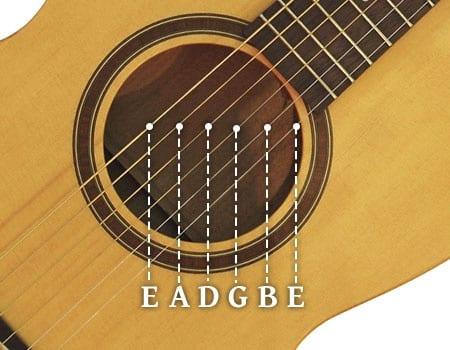
Have you ever wondered why certain string types dominate specific music genres? It’s a question that often arises among musicians, including myself, throughout my career. Being deeply immersed in the world of guitar strings, I’ve seen firsthand how different materials can cater to varied musical landscapes.
From my experiences, 80/20 bronze strings make their mark in genres where a bright, crisp sound is desired. When I think back to jam sessions with folk musicians, I recall the shimmering clarity of these strings as they cut through ensemble pieces, adding a lively top-end presence that blends beautifully with acoustic setups.
On the other hand, phosphor bronze strings find their sweet spot in realms where warmth and depth prevail. For me, these strings have always been synonymous with singer-songwriter and solo performances. I remember the first time I used a set of phosphor bronze strings during an intimate acoustic gig. The rich, resonant tones they delivered seemed to fill every corner of the room, complementing vocal lines with an inviting embrace.
Through my personal journey in music, I’ve observed that the choice between these string types isn’t just about tonal preference; it’s about crafting the right sound for the right moment. Understanding these nuances can transform a performance, making it resonate with the intended audience as effectively as possible.
When to Use 80/20 Bronze vs Phosphor Bronze?
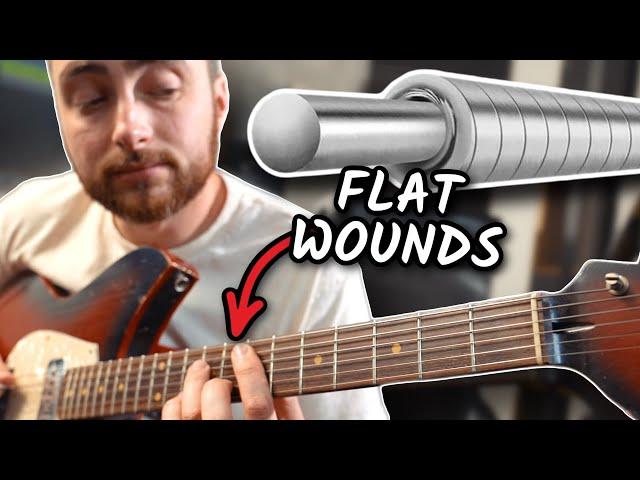
Is there a perfect string choice for every playing style, or is it all about personal preference? That question has lingered in the minds of many guitarists, and through my years of experience, I’ve come to realize that the right answer hinges on a bit of both. Let me share how I approach selecting between 80/20 bronze and phosphor bronze strings—a decision that has often made all the difference in my performances.
80/20 bronze strings are known for their bright and crisp tone, which makes them a compelling choice when you want your sound to punch through the mix, especially in live performances. They’re my go-to for gigs in lively venues where clarity is paramount. On the other hand, whenever I need a warm, rich sound for more intimate settings or recording sessions, I reach for phosphor bronze. Their nuanced tone offers depth and warmth that accentuates subtle dynamics in my playing.
From my perspective, understanding your environment and the music you wish to create is essential. It’s not just about what feels good under your fingers but also about how the strings serve your musical expression. By aligning your choice with the specific needs of your style and context, you’re sure to enhance the overall sonic experience.
Why Choose One Over the Other?
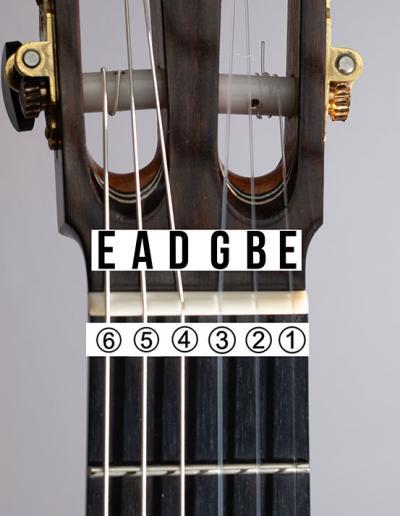
As I delve into the nuances of guitar strings, I find myself frequently reflecting on the age-old question: What hidden factors might sway a guitarist towards 80/20 bronze over phosphor bronze, or vice versa? Having spent countless hours in lutherie, surrounded by the symphony of choices that each string material brings, I’ve come to appreciate the subtle yet profound impact these decisions have on a guitarist’s sound and feel.
The allure of 80/20 bronze strings lies in their brilliance and crispness, attributes I’ve often noticed that appeal to guitarists looking for a bright, articulate tone. Their shimmering quality can cut through a mix, making them an ideal choice for those who play in intricate folk or bluegrass settings. On the other hand, phosphor bronze strings offer a warmer, more rounded sound, a favorite among musicians seeking richer, more soulful tonal textures. With their added corrosion resistance, they provide longevity, striking a balance between warmth and durability.
Through my years of crafting and customizing guitars, I’ve observed these tonal characteristics not just affect sound but profoundly influence a player’s expressive capabilities and emotional connection to their instrument. Ultimately, the decision between these two string types often boils down to personal preference, dictated by the unique interplay of a musician’s artistic vision and their instrument’s natural voice.
How to Maintain Each String Type?
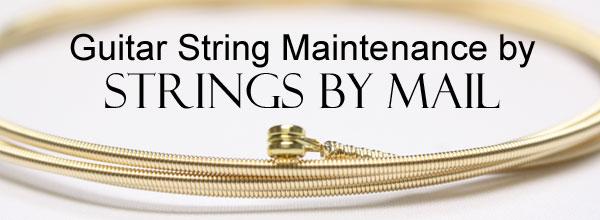
As a seasoned guitar enthusiast, I’ve come to appreciate the nuances in maintaining strings, whether they’re 80/20 bronze or phosphor bronze. You might wonder, what simple maintenance routine can keep your strings sounding like new for longer? The answer lies in consistent care and mindful habits. For both types, there’s a satisfying method to follow.
First, always wash your hands before playing. It’s astonishing how much grime can transfer from our skin onto the strings, dulling their brilliance. After each session, I make it a point to wipe down the strings with a clean microfiber cloth. This removes sweat and oils, vastly prolonging their lifespan.
Specifically for 80/20 bronze strings, their bright tone benefits from regular conditioning using a designated string cleaner, which enhances their crisp timbre. On the other hand, phosphor bronze strings, prized for their warm, rich sound, gain longevity when treated with a protective coating. By intertwining these simple steps into your routine, you not only extend the life of your strings but preserve their unique sounds, making every chord ring as beautifully as the first. Embrace these rituals as a celebration of what makes each string type exceptional, and ensure every note you play resonates with clarity and depth.
Comparative Analysis
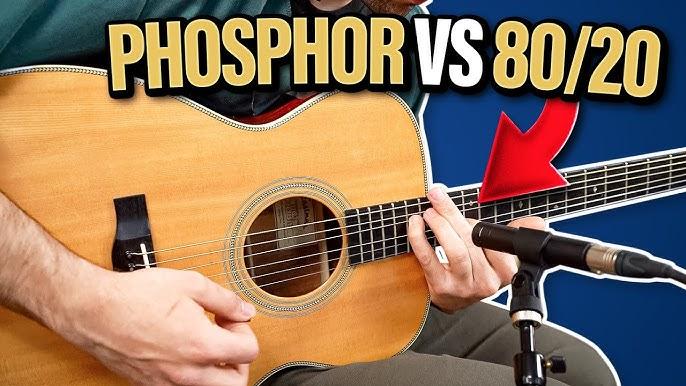
As a seasoned enthusiast who has dedicated years to dissecting the nuances of music and materials, I often find myself at the crossroads of tradition and innovation, searching for those subtleties that define what makes guitar strings unique. In this section, I aim to unravel the intricate layers of 80/20 Bronze and Phosphor Bronze strings. Surely, I’ve spent countless hours testing, listening, and analyzing each type. Which string type will reign supreme when put to the ultimate tonal test?
This question, far from being rhetorical, becomes an exploration into the heart of string composition. Let me take you on a journey where my analytical skills shine, meticulously comparing the metallic brilliance of 80/20 Bronze with the warm, resonant overtones of Phosphor Bronze. Through my lens, the 80/20 Bronze strings emerge as shimmering contenders, offering a bright timbre that commands attention, particularly in live settings. I’ve noted their clarity to be excellent for strumming and sharp picking.
Conversely, my experience with Phosphor Bronze strings reveals a deeper, more sustained experience—perfect for rich, fingerstyle play where every note needs to resonate with warmth and subtlety. Choosing between these two often depends on the musical narrative you wish to craft. In this way, unraveling their secrets is not just an analysis but a dialogue between the player and their instrument, seeking harmony in choice.
FAQs
What is the main difference between 80/20 Bronze and Phosphor Bronze guitar strings?
Which type of guitar strings lasts longer?
Are 80/20 Bronze strings better for strumming or fingerpicking?
Why do some guitarists prefer Phosphor Bronze strings?
Conclusion
In the end, which string type will you choose to express your unique musical voice? As we’ve explored, selecting between 80/20 bronze and phosphor bronze guitar strings hinges not just on their tonal characteristics but significantly on user preferences. Personally, I’ve found that understanding these nuances can transform the dynamics of your playing experience.
80/20 bronze strings offer a bright, crisp tone ideal for lively performances, whereas phosphor bronze strings deliver a warmer, richer resonance, perfect for more profound auditory depth. Where and when to use each depends largely on the types of music you play and the sound you wish to project.
Remember, the physics of sound is fascinating, but in the end, it’s your personal sound preference that molds your musical expression. Which resonant path will you tread? Having shared my insights as R.M. Mottola, it’s clear that both options hold a place in the musician’s toolkit—offering varied textures to explore.
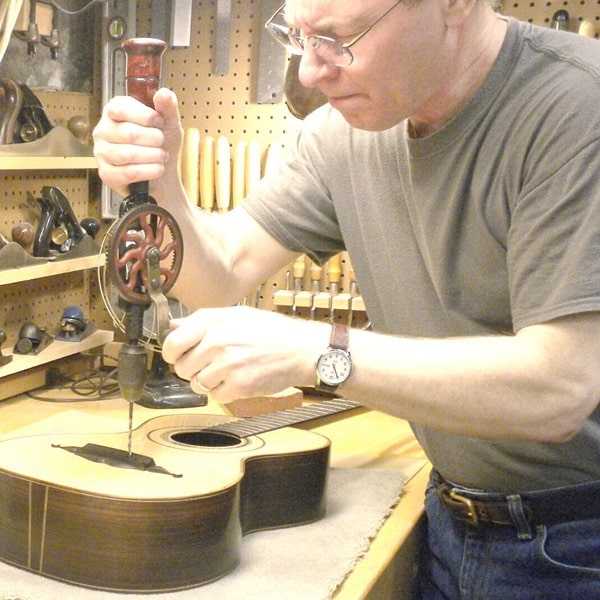
R.M. Mottola, an engineer-turned-luthier, revolutionizes stringed instrument design with his deep focus on acoustics and ergonomics since 1994. As editor of the Savart Journal and a key contributor to American Lutherie, Mottola merges science with artistry in lutherie. He enriches the field with his extensive knowledge, shared through his Liutaio Mottola website, making him a beacon in the world of modern instrument craftsmanship.
